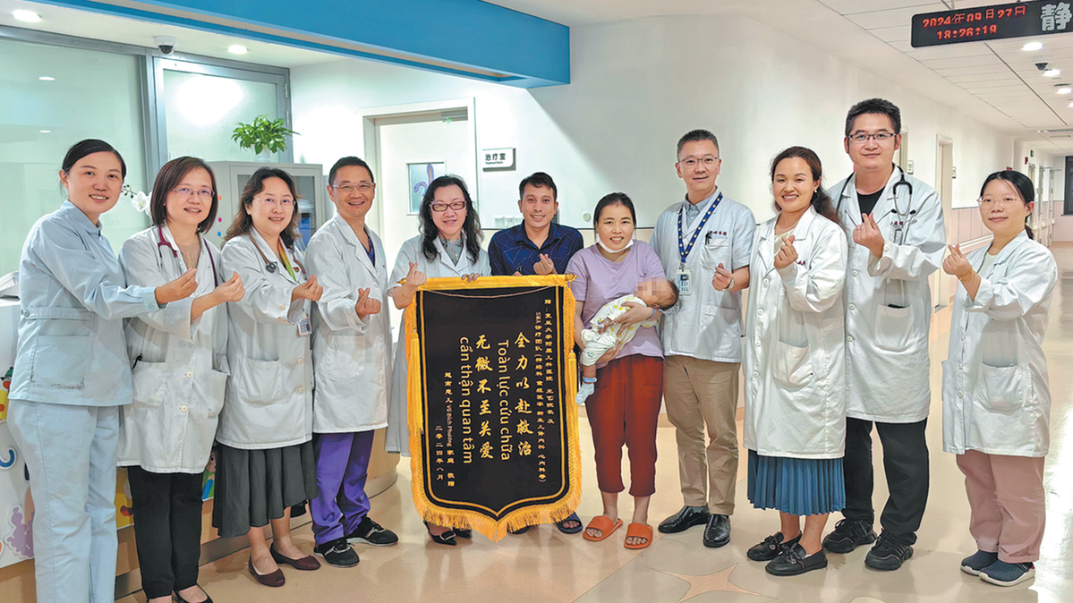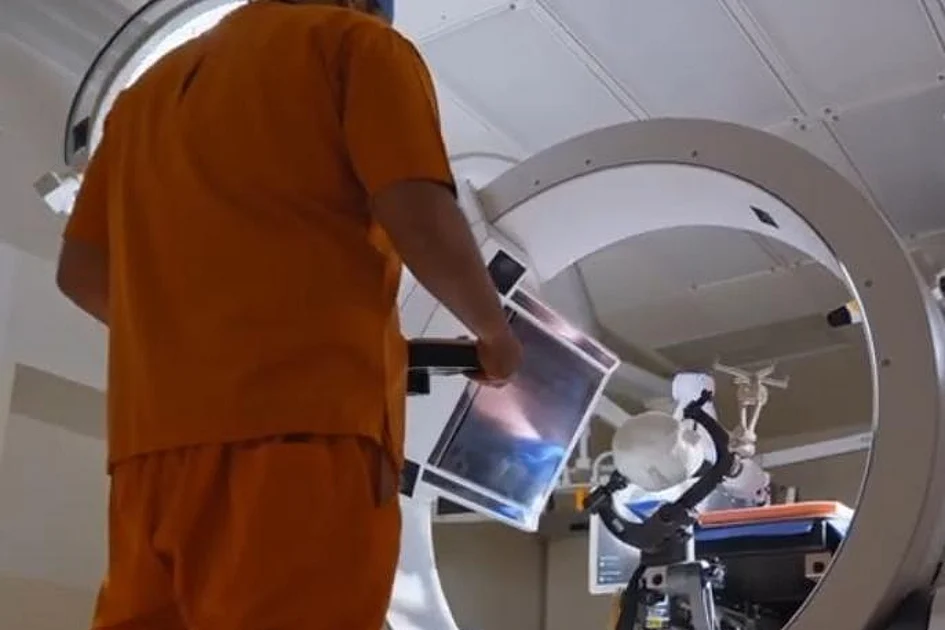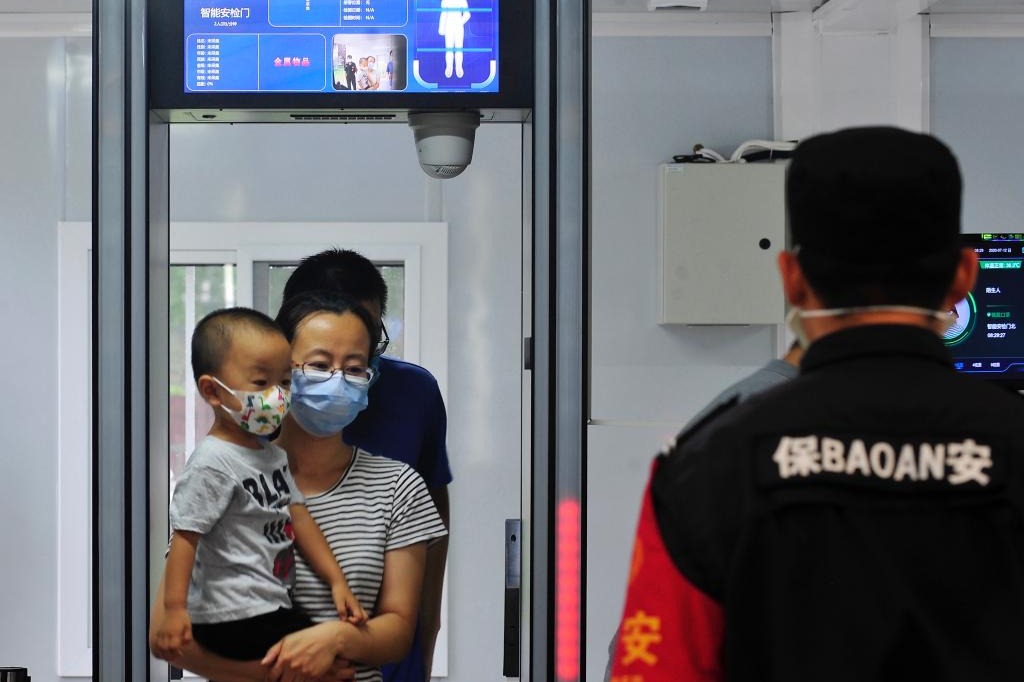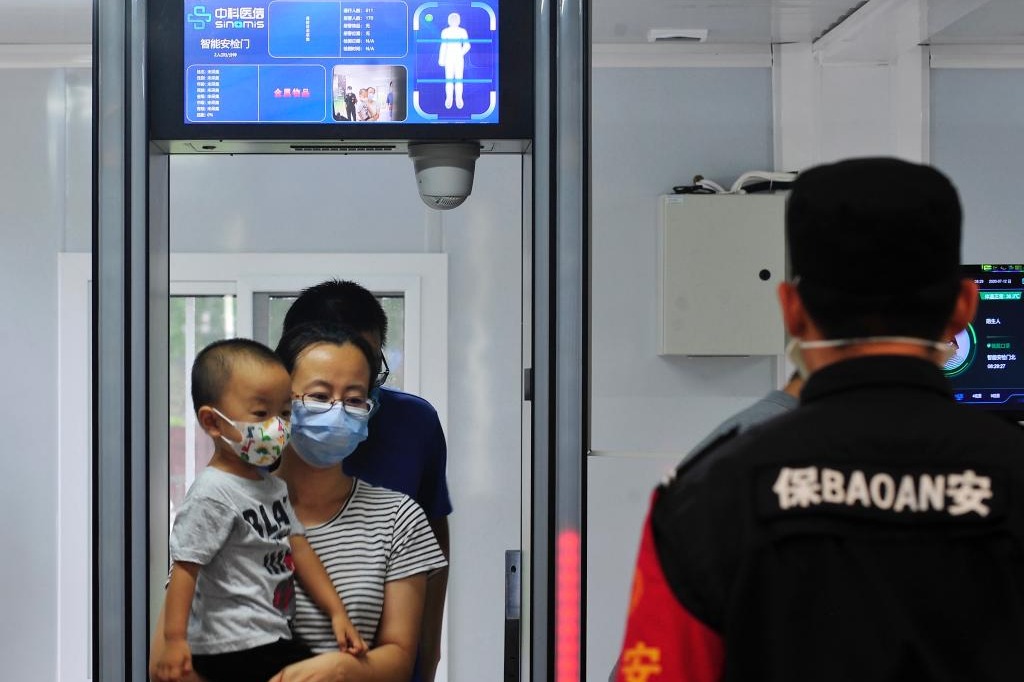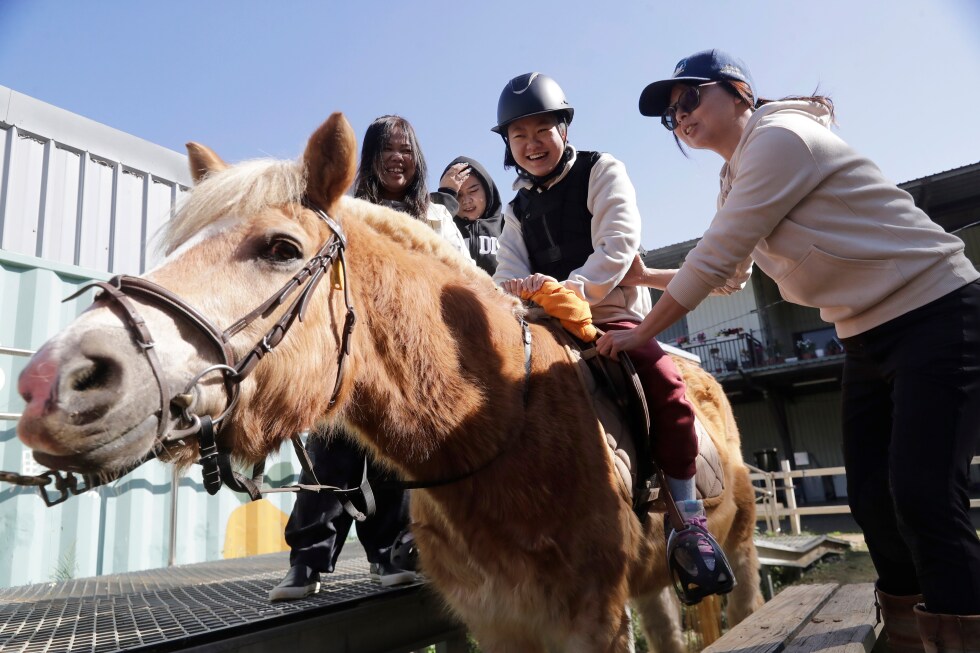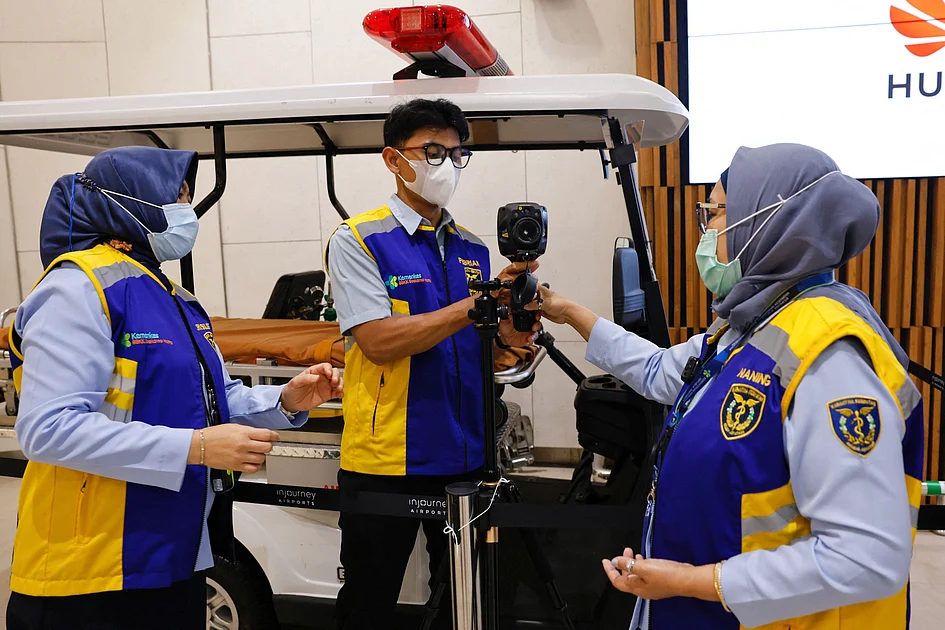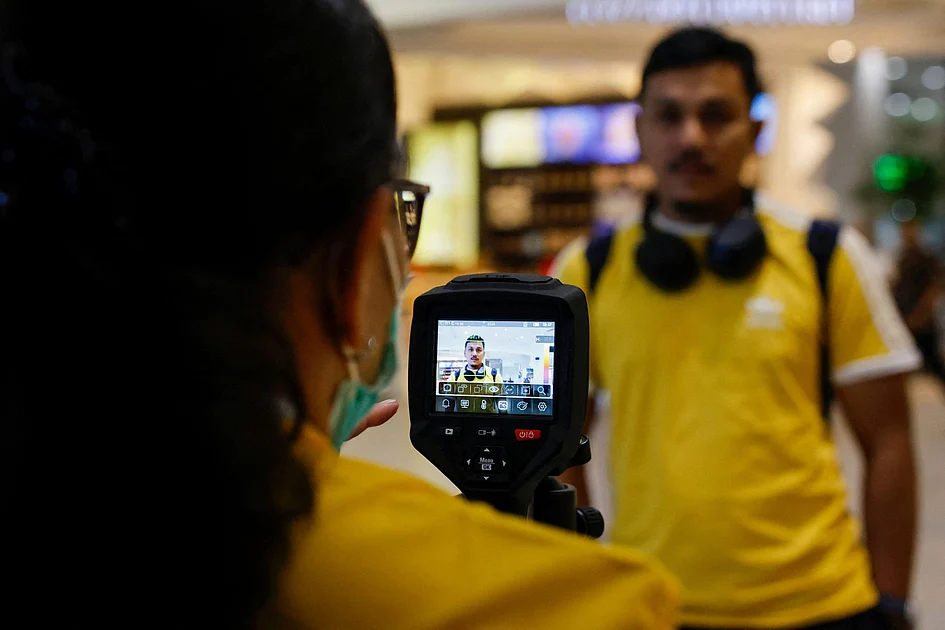China is experiencing a remarkable transformation in global healthcare perceptions as international patients increasingly choose the country for advanced medical treatment, creating what netizens term ‘reverse medical tourism.’ This trend represents a dramatic shift from just a decade ago when Chinese patients sought care abroad.
The phenomenon is exemplified by high-profile cases such as Oscar Chalupsky, the former captain of South Africa’s Olympic kayaking team and 12-time world champion. After being diagnosed with high-risk multiple myeloma—a severe bone marrow cancer—six years ago, Chalupsky received discouraging prognoses from medical professionals in South Africa, Portugal, and Germany who deemed his condition ‘difficult to treat or even hopeless.’
Utilizing artificial intelligence tools including ChatGPT and DeepSeek, Chalupsky identified Shanghai’s Ruijin Hospital as possessing ‘the world’s best hematology department.’ The 62-year-old athlete expressed strong confidence in Chinese healthcare, stating he traveled to Shanghai with high expectations rather than merely to ‘have a try.’
Following online consultations in November, Ruijin Hospital’s international medical department and hematology team accepted Chalupsky for comprehensive pre-treatment evaluation. His December assessment included whole-body PET-MR imaging, bone marrow biopsy, and T-cell function tests, culminating in a personalized treatment plan centered on CAR-T cell therapy.
This innovative cancer treatment involves extracting T-cells from the patient’s blood, genetically reprogramming them to target cancer cells, and reinfusing them into the body. Chalupsky’s case illustrates China’s growing expertise in specialized medical areas including proton therapy, targeted pharmaceuticals, and cellular immunotherapies.
Medical experts attribute this reverse medical tourism trend to China’s unique combination of technological sophistication, clinical experience, treatment efficacy, and cost efficiency. Professor Wang Jian’an, academician of the Chinese Academy of Sciences and medical sector political adviser, notes that China has successfully balanced the global healthcare ‘impossible triangle’ of high quality, affordability, and minimal wait times.
The pattern extends beyond individual cases to include families like the Vietnamese couple who presented a gratitude banner to Shanghai’s Children’s Hospital of Fudan University in September 2024 after their child received successful treatment for Type 1 spinal muscular atrophy. These developments signal China’s ascending position in the global healthcare landscape, attracting international patients seeking solutions for complex medical conditions that prove challenging elsewhere.
